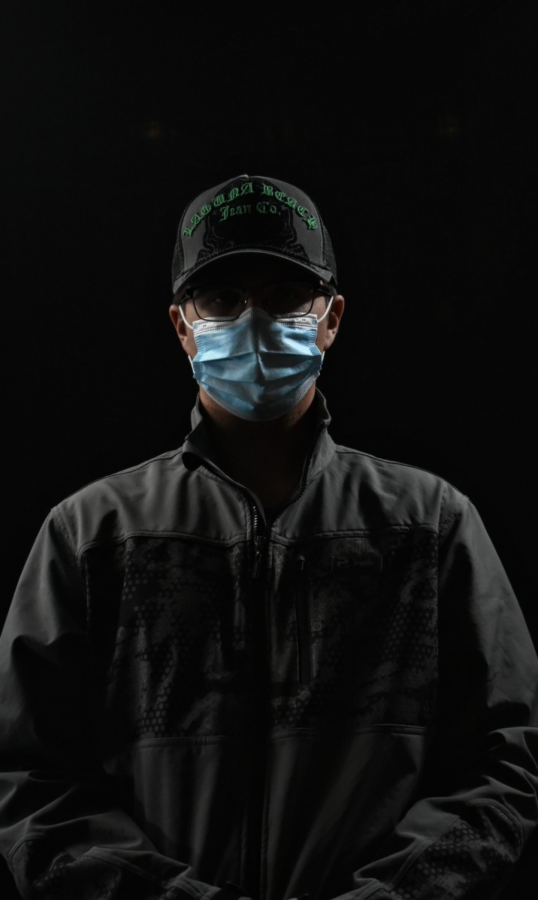Which mask is best?
January 7, 2021
Masks are part of our new normal. From the corner store to our job, masks are a required safety measure. However, which type of mask can truly assure its own effectiveness? A recent study done by Duke University by the researcher Dr. Martin Fischer made a list of the best to worst masks based on how effective they were. The results shocked many people.
In first place, with little surprise, was the medical n95 mask. While extremely effective, it is harder to buy one of these unless you are a health worker. Although, it’s important that those closest to the virus are better prepared.
In second place is the surgical mask. These are extremely common and are often handed out at stores for free to make sure people wear their masks. At FMHS, in fact, when we weren’t offline, these were the masks in the hallways if any student required one as a replacement or couldn’t access one at home in the first place.
The study goes into list many variations of masks someone could have. The multitudes of ways cloth masks are made take up a majority of the fourteen types. Interestingly enough, in last place is the neck gaiter. This type of mask comes in all sorts of patterns and is a simple tube made out of fabric. The reason this mask was in last place was because it wasn’t just ineffective, but it actually was deemed worse than going without a mask. The way the fabric works divides the molecules breathed out into smaller molecules which makes it much easier for the virus to get through the mask of another person.
This is important in Fruita, because this type of mask is extremely popular. Before the pandemic, neck gaiters were worn largely by those who enjoy the outdoors. They protect your face and neck from getting sunburnt, bitten by mosquitoes, or getting cold in the winter. Since the Grand Valley is surrounded by nature on all sides, biking, skiing, and hiking are all extremely popular here. This means that many people already had these before the pandemic started. They were convenient when masks suddenly became a requirement. This is why, even though it has been widely covered that the neck gaiter is less than helpful, they remain largely worn by many people locally.
It’s unlikely that everyone in Fruita will throw out their gaiters and switch to something more surgical. Although, if we can spread information on the issue with these face coverings, hopefully more people will move to more effective masks. As Dr. Fischer said to CNN on the subject, “We want to emphasize that we really encourage people to wear masks, but we want them to wear masks that actually work.”

